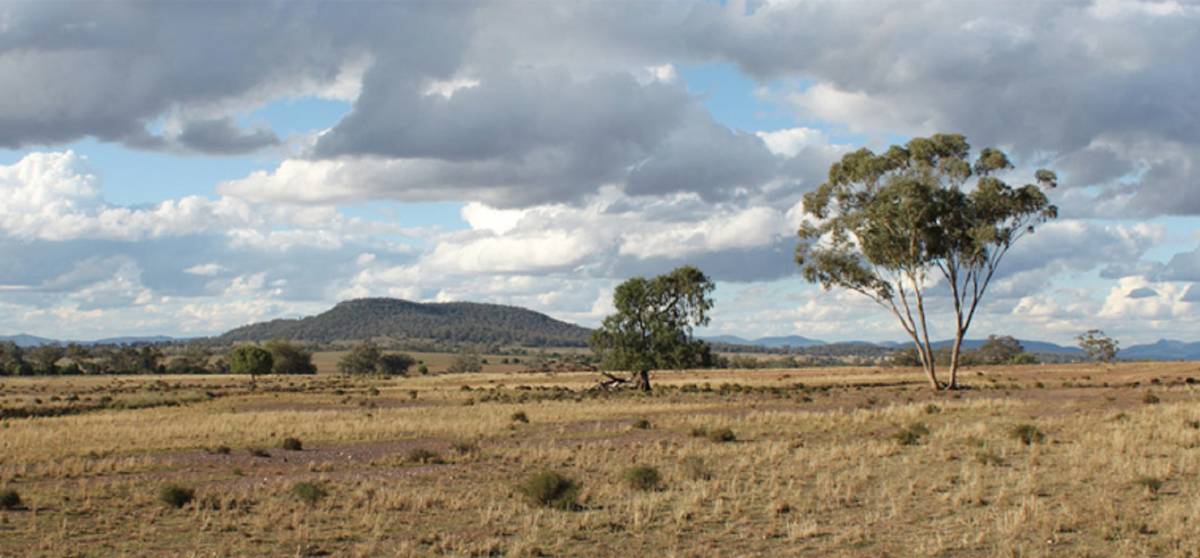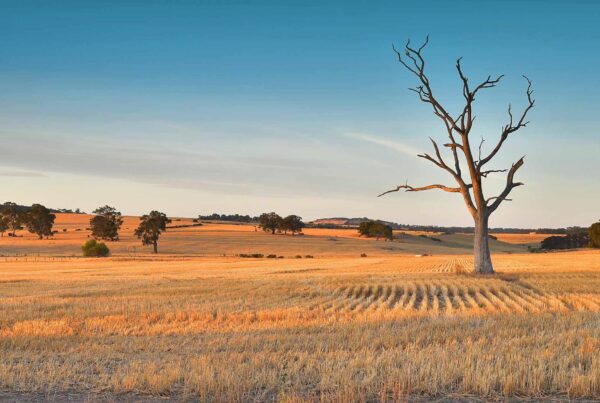Campaigning for the looming Upper Hunter by-election has thrown land use conflict in the region into stark relief, and highlighted planning issues which are problematic for major industries in the area.
Triggered by the resignation of disgraced Nationals MP Michael Johnsen in March, the 22 May by-election has drawn widespread attention both due to its potential to throw the Berejiklian Government into minority and the nature of the political issues at play.
With the coal mining, agriculture, horse racing and tourism industries all active in the area, the Upper Hunter is a cauldron when it comes to the issue of competing land use, one around which the by-election battle lines have well and truly been drawn.
In pursuit of the coal-mining vote, the major parties have pledged allegiance to the future of coal mining in the region. Some independent candidates, like fifth generation Aberdeen farmer, Kirsty O’Connell, offer an alternative built on pausing new or expanding mines and planning for the markets of the future.
Either way, arguably the key issue at play for all industries in the region is one of certainty.For coal miners, certainty around future employment as the global economy inevitably shifts away from coal is key.
For agribusiness, racing and tourism, certainty around planning policy and protection against the encroachment of seemingly ever-expanding coal operations is key.
A perfect example of the uncertainty around planning projects came to pass just outside the Upper Hunter Electorate in mid-April, when Deputy NSW Premier John Barilaro announced the government would be buying back Chinese owned miner Shenhua’s right to mine coal on the highly productive Liverpool Plains for $100 million.
The deal brought over 15 years of land use conflict in the area to a close with the stroke of a pen. Whether you were for or against the Shenhua project, the fact that it took this long for an outcome to be reached is unacceptable and the impact on investment and planning for all businesses in the region is clear.
If we want to attract investment, skills and innovation into the agribusiness, agritourism and equine industries of the Upper Hunter region, we need a planning system that looks to the future. The government needs to lead with sensible policies in this changing marketplace, or the outcome will be bad for all.




